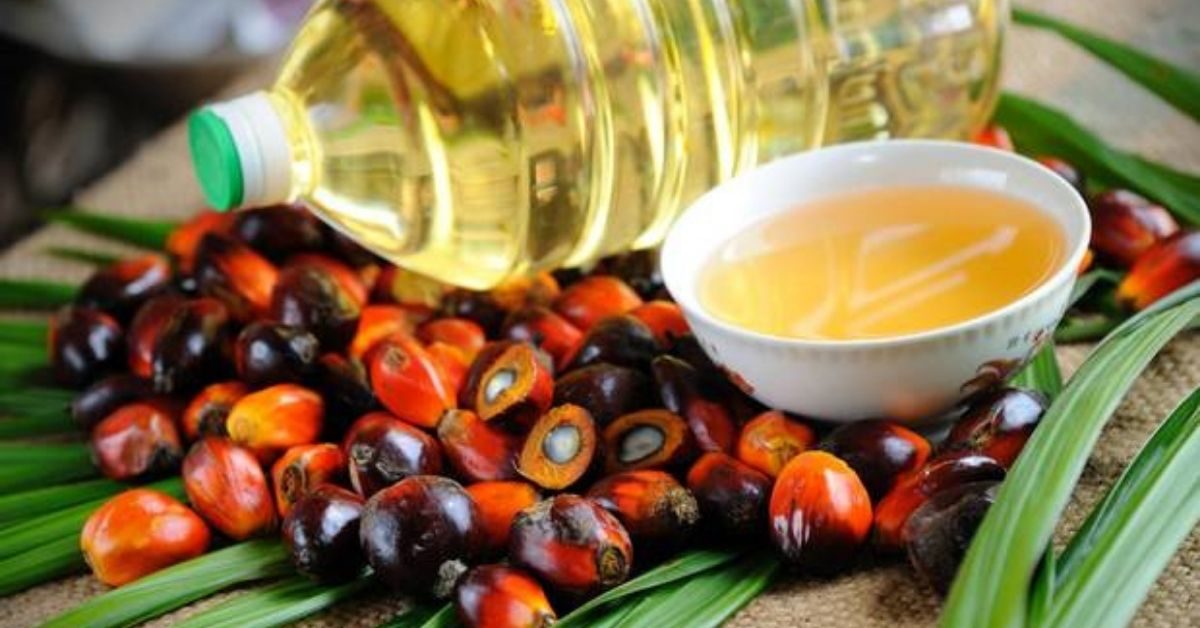The apex edible oil industry associations from five major palm oil importing countries of Asia — India, Pakistan, Sri Lanka, Bangladesh and Nepal — have come together to form the Asian Palm Oil Alliance (APOA), at the instance of Solidaridad Network, a specialist in sustainable agriculture.
APOA was launched during the Globoil Summit at Agra on September 21.
The first general body meeting of the Alliance elected Atul Chaturvedi, Director of Adani Wilmar Ltd and President of SEA, as the first Chairman. The website and logo of the APOA were also launched on the occasion. The APOA secretariat would initially be managed by the Solvent Extractors’ Association of India (SEA).
Atul Chaturvedi said the formation of APOA empowers several Asian countries, for whom palm oil is a source of affordable food and nutrition.
APOA is expected to safeguard the economic and business interests of the palm-oil consuming countries and create a level-playing field for all fats and oils used in food, feed and oleo-chemicals in Asia. It will further work towards increasing the consumption of sustainable palm oil in member countries, he said.
India major consumer
B.V. Mehta, Executive Director of SEA, said the Asian markets are responsible for about 40 per cent of global demand. Europe accounts for about 12 per cent of the market, and the US for 2 per cent.
He said India is the largest importer of palm oil in the Asian region and accounts for 15 per cent of global imports. China with 9 per cent, Pakistan with 4 per cent, and Bangladesh with 2 per cent of global imports are the other significant countries with a stake in palm oil production and trade.
Unlike their counterparts in the EU, the industry associations of Asian palm oil importing countries are not involved in shaping the global discourse on sustainable palm oil , he said. Asian stakeholders, over the last two decades, were instead, forced to follow sustainability standards that do not reflect the Asian market realities. The launch of APOA is expected to help in developing a shared, collective, coordinated and coherent position of the Asian palm oil industry stakeholders, he said.
Asia to boost demand
Shatadru Chattopadhayay, Managing Director of Solidaridad for Asia, said: “We are happy to be the neutral convenor of all significant Asian solvent extractors’ associations. In the coming years, we believe APOA will emerge as one of the most vital forums to address the common problems, interests and aspirations of the global palm oil industry. In the decades to come, the rising wealth of Asia will further boost regional demand for palm oil. We expect APOA would soon be joined by palm oil producing countries from Indonesia, Malaysia and Thailand.”
Kazi Salahuddin Ahammad of the Bangladesh Vegetable Oil Refiners’ and Vanaspati Manufacturers’ Association said Asia has a key role to play in sustainable palm oil. Thus, the creation of APOA will support and accelerate the transition towards a sustainable and inclusive palm oil industry in Asia. This would foster Asia’s position as sustainability leader. “We are pleased to have the opportunity to support this initiative and look forward to achieving many milestones together,” he said.
Rohan Fernando, President of the Sri Lanka-based Palm Oil Industry Association, said APOA plays a crucial role in the facilitation of coordinated efforts of both Asian palm oil-producer countries and palm oil consuming countries for sustainable palm oil. It will strengthen Asia’s role in palm oil sustainability disclosure, he said.
APOA members separately held a meeting with a 10-member delegation from Indonesia to explore joint research to scientifically demonstrate the health benefits of palm oil and also launch joint consumer campaigns in Asian markets. APOA’s next meeting is expected to be held in Indonesia early next year. A statement said APOA commits to work across the world to ensure that palm oil is recognised as a high-quality, economical, and healthy vegetable oil and to change the negative image of palm oil.







